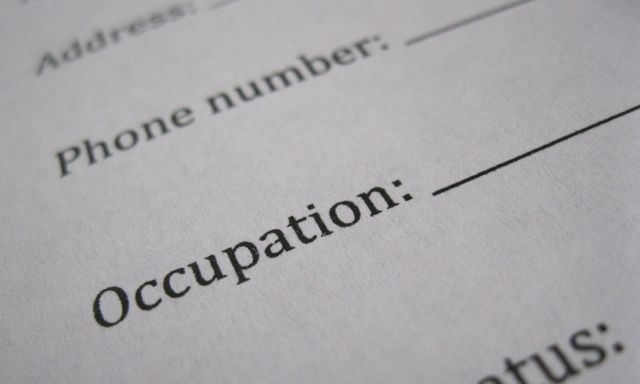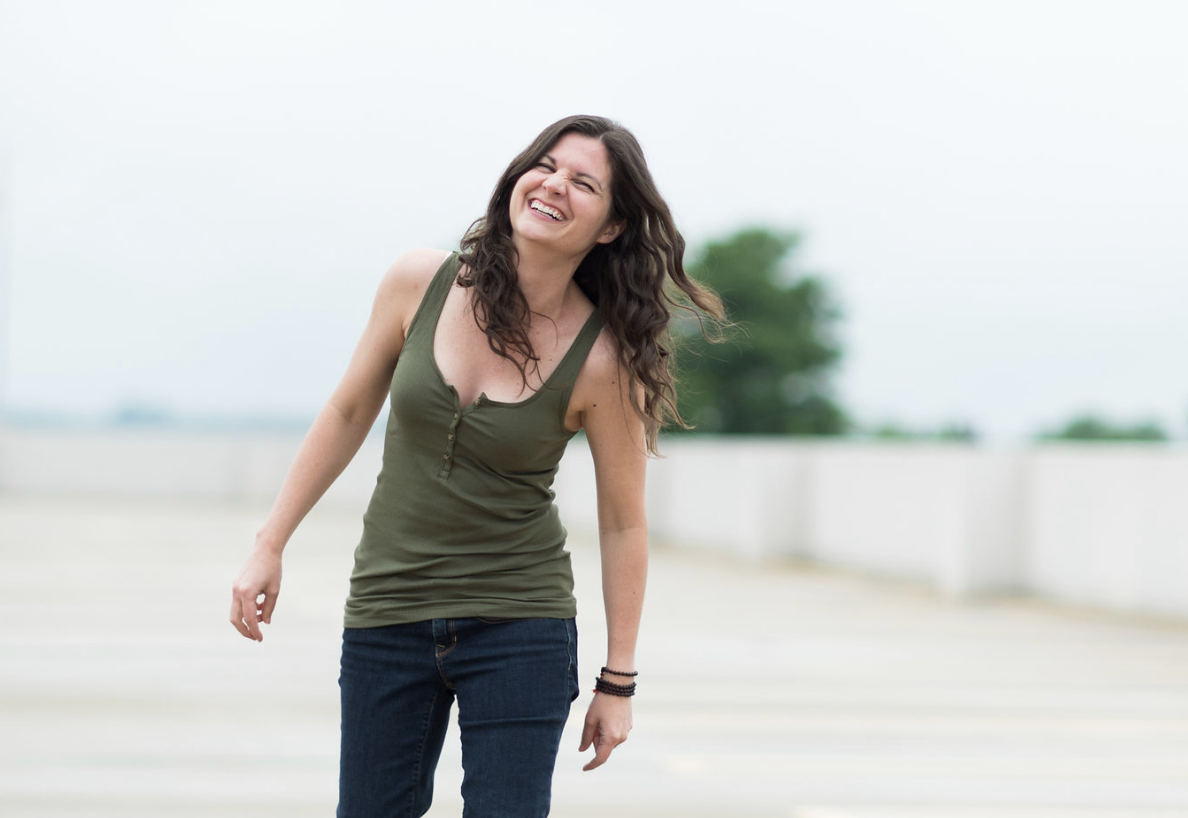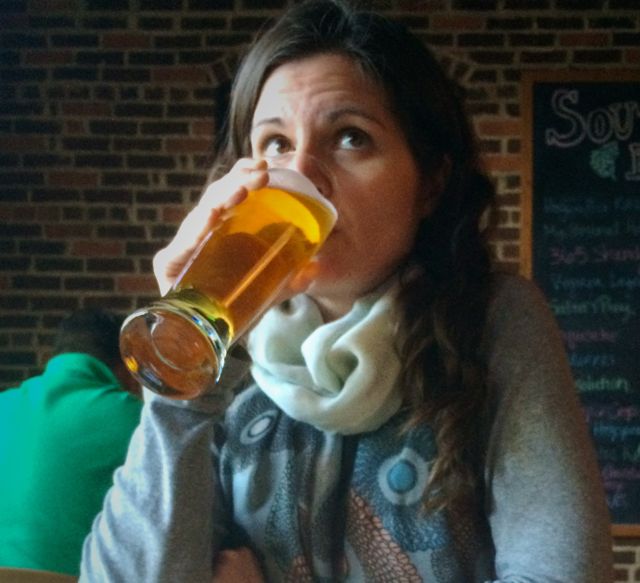Follow your bliss...backlash
/I think you can find criticism for pretty much anything. I recently had someone say he was never going to read anything else from me because I wished for peace for everyone in the world. Eating healthy? That's the wrong kind of healthy.
Helping people? Don't help them too much.
Cute cats? Hey, why are you discriminating against dogs?
So, it shouldn't be surprising that there is some push-back about this idea of living a life based in passion.
And I get it. People like to argue about things. But I truly believe in this whole follow your bliss thing - even if it is a phrase that seems like it should be cross-stitched. The problem is that the intention behind the idea of pursuing your dream is sometimes misinterpreted.
I don't mean quit your job and move across the country
Yes, I get it - that is actually exactly what I did. But leaving my career wasn't the first step for me. First, I realized I was miserable and started exploring what I might find exciting in my life - then I read books about art history and going to law school and working for non-profits. I kept doing the job I had, the job that was paying my mortgage, but I took community college courses, too. Living authentically and with passion is about waking up to your life, not just sleepwalking and missing the whole thing. If it means signing up for a photography class on the weekend or volunteering at a shelter, that's amazing. If it means spending one evening a week checking in on your lonely neighbor or working on that freelance idea you've had for years - spectacular. Your job is merely one aspect of your life.
I don't mean that if you don't know what your passion is, you're doomed
I hear this one a lot. People say that it annoys them to hear "follow your passion" since they don't know what that is. When I left L.A. I had no earthly clue what was next for me. None. I had no skills beyond a film set. I didn't have a back up plan or helpful things like a high school diploma. And yes, that was terrifying but I kind of loved it, too, because there was no pigeonhole waiting for me. If you are similarly clueless, I am so excited for you. Because you get to play. You get to try stuff. Here are some of the random things I tried and failed at:
- I volunteered at a museum and helped little kids glue goggly eyes on a neckties and turn them into snakes. That didn't last long because of my lack of glue gun skills and my affection for profanity
- I was a teaching assistant for a college course, but when I realized that was mostly about collating paper and buying tampons for students who needed them, I decided to stop doing that
- I worked at a radio station but again my use of bad language made me not a great fit
- I was a tutor for an adult literacy program which I loved but found heartbreakingly devastating
- I designed websites for non-profits which I also loved mostly because I got to make pretty things while wearing sweatpants
- I took a certification class to become a mediator and realized that when people yell about getting divorced, I mostly cry
If you don't know what your talents are, or what you love - there is nothing wrong with you. You just get to go on an adventure with your own soul. Are you mildly interested in heirloom seeds? Greek mythology? Helping people with addiction problems? Great. Step one in Project Passion: go to the library and take out a bunch of books on the topic.
Look at that - you're already living a passionate and engaged life.
Go, you.
I don't mean that you should plummet your family into poverty while you pursue your dream of being an Ultimate Fighting Champion
I expect you to be a reasonable human being here, and really look at how your passion might affect you or those you love. Some dreams should just be dreams. Might you be hurting someone? Then maybe it's time to look at ways to embrace your passion in a way that is less all-encompassing, or maybe it's a chance to keep yourself open for something else you might love.
I don't mean that it's easy
Of course it's not easy. Why the hell would I bother talking about it so much if it was easy? Living authentically might be one of the harder things we ever do in our lives. It's scary and vulnerable and people criticize you. It's painful getting out of your comfort zone and sacrifices are inevitable. Sometimes it downright sucks. But the inner peace that comes from feeling like you are living a life that reflects who you are - that is entirely worth it.
I'm actually not telling you that you should do anything
I'm simply saying that my life got a whole lot better when I stopped pretending to be someone else and started focusing on what I thought success looked like. If you're happy with your life, I'm thrilled for you. Don't let anyone tell you how you are supposed to live. But I like talking about passion because I never thought I deserved it. I thought it was more important to keep other people happy. I thought I was too old (at twenty-two!) to take on something new. I felt the need to live out of momentum and not rock the boat. I assumed I was incapable of doing anything other than acting, so I was destined to be dark and tortured. But really, I was just scared and didn't think I deserved something that felt better to me.
If you feel like you need permission to live passionately: here it is. Permission granted.
You deserve to feel that puppy-love spark about your life. And if you don't know what would offer that, you deserve to give yourself a little time - ten minutes a day - if that's all you have, to listen to your heart and explore the world and see what warms your soul. Because when you are happier and more fulfilled - you are able to give more to the world. And I don't don't know if you've looked around lately, but the world really needs it.
For me - it all started with the tinniest little whisper from deep within my core:
I like books.
——– You can leave a comment here, or join us on Facebook or Twitter!





 It is possible to leave Hollywood.
It is possible to leave Hollywood.











